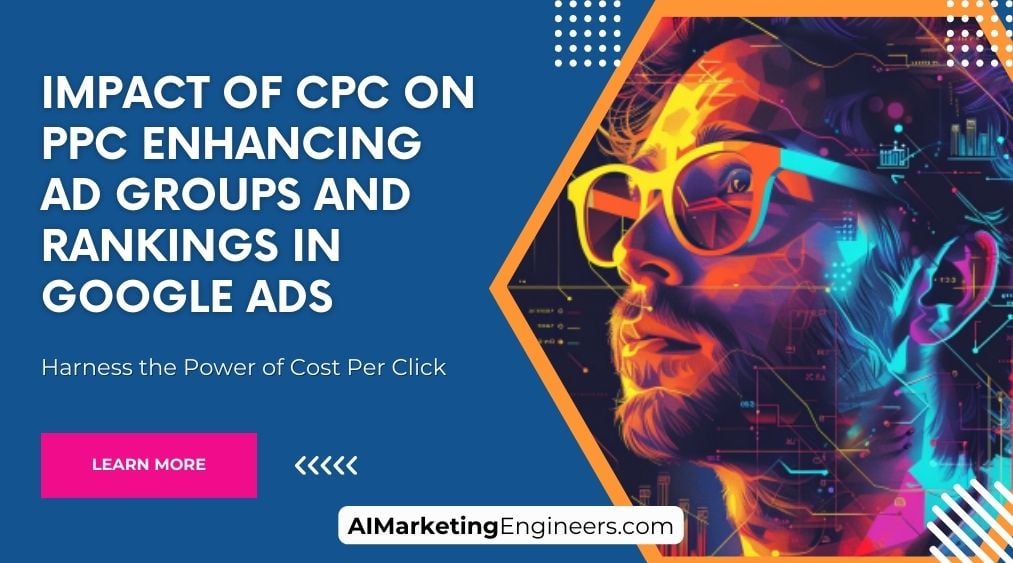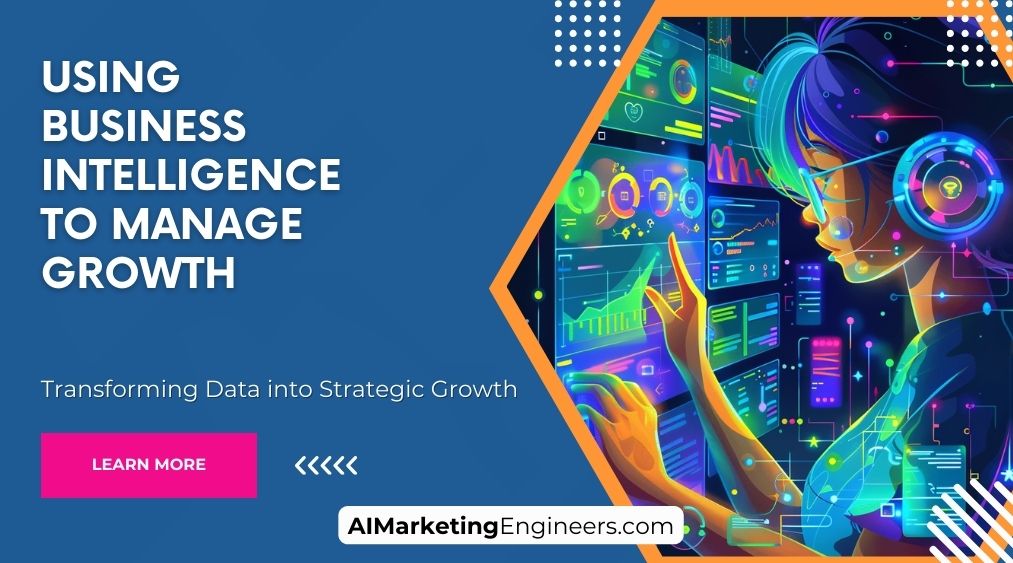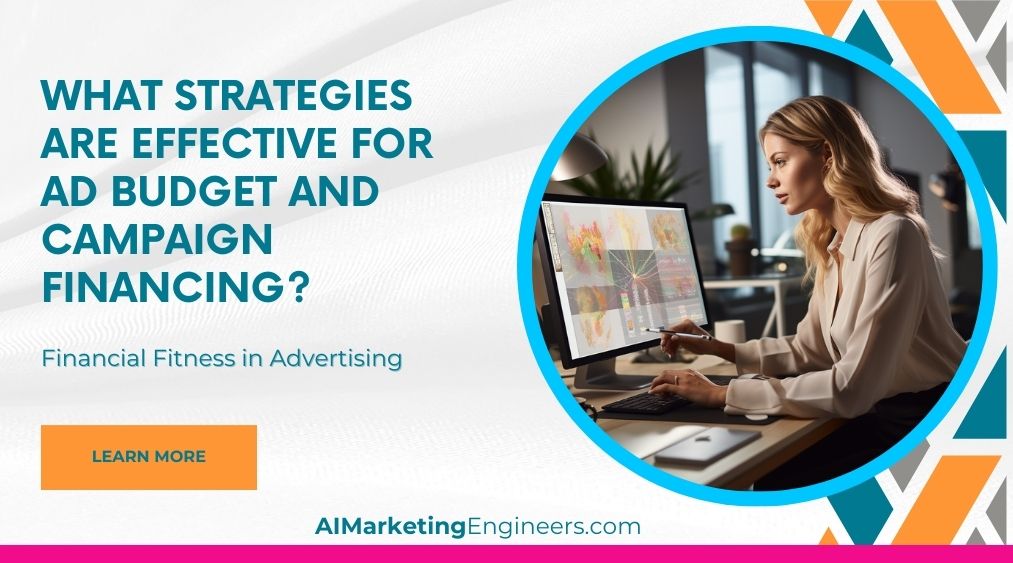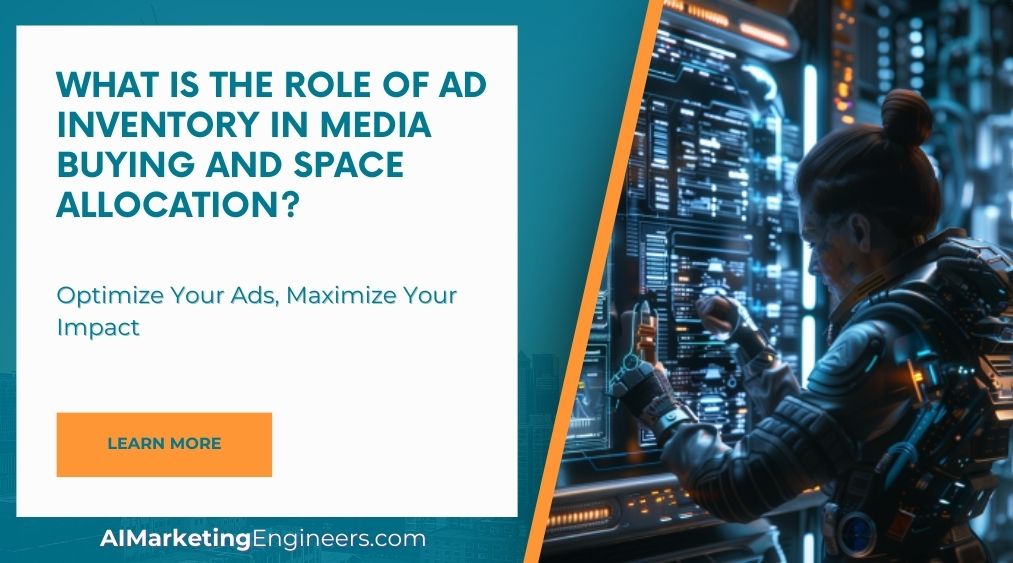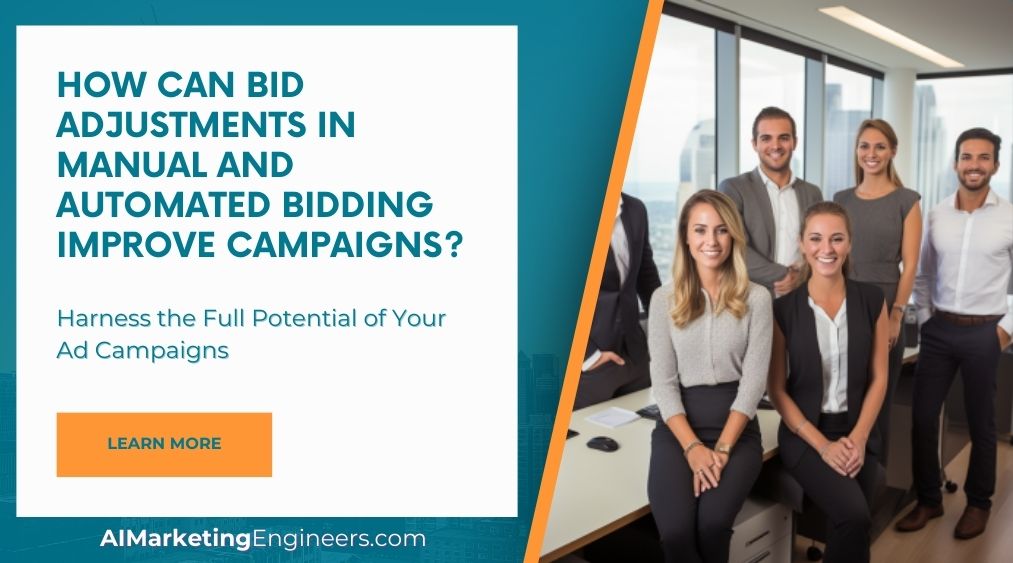Key Takeaways
✅ Optimizing Ad Groups and Quality Score: By refining your ad groups and increasing your Quality Score, you can reduce costs while driving up relevancy and performance. This connection between smart structuring and lower CPCs isn't just theory — data shows that ads with higher Quality Scores can slash CPCs by up to 50%.
✅ CPC Calculation and Factors Affecting It: Your advertising costs don't exist in a vacuum. They're shaped by industry standards and competition, just to name a few variables. Be aware that changes in Quality Score or competitor spending can adjust your CPC, sometimes within hours. Staying on top of these changes is crucial for budget management.
✅ Impact on Ad Rankings and Budget: How much you bid on clicks ties directly back to your ad's visibility. Low CPC may be appealing, but if it's too low, you could disappear from search results. It's all about balance, and statistics suggest even a 10% difference in CPC can shift your rankings significantly. Adjust wisely.
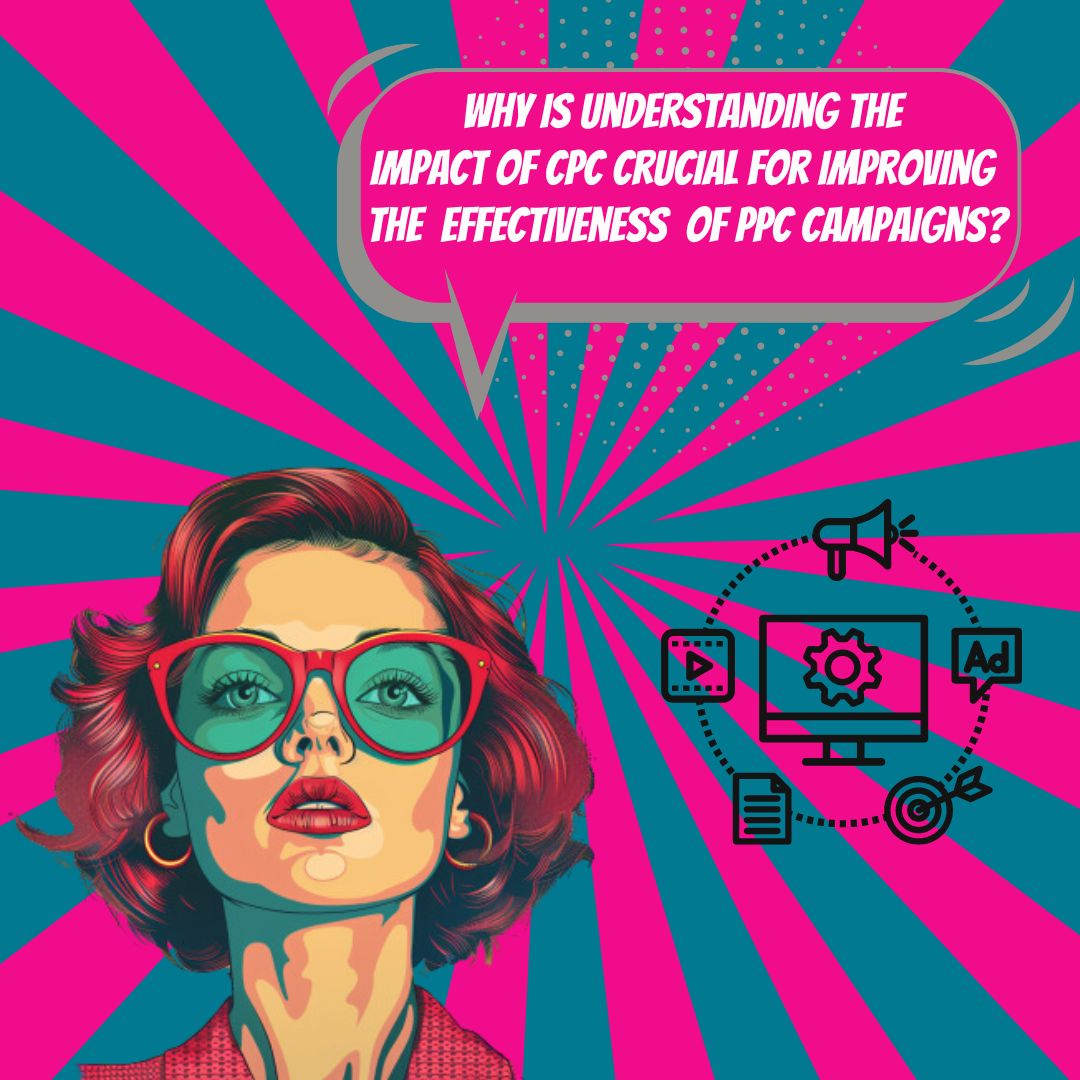
Introduction
Are you getting the most bang for your buck with your Google Ads campaigns? The world of Pay per Click (PPC) advertising is a battlefield, with every business fighting for the top spot in rankings. At the heart of these skirmishes is Cost per Click (CPC), a figure that can be both a weapon and a weakness for your ad strategy. Impact of CPC on PPC can either catapult your brand to stardom or lead to dismal returns.
In this article, we'll dissect the complexities of CPC, and take a transformative look at how savvy manipulation of this metric can enhance ad groups and optimize rankings in Google Ads. Intertwined with the latest trends and smart tricks, we promise to unveil insights that could change the way you bid, budget, and brandish your PPC campaigns. If you're looking to strengthen your ROI and elevate your digital marketing game, you've hit the jackpot. Join us as we decode the mysteries of CPC and lay out a blueprint for Google Ads glory that's both actionable and profitable.
Top Statistics
| Statistic | Insight |
|---|---|
| The average global cost-per-click (CPC) in 2023: $2.30. | The cost individuals and businesses pay on average can influence the budgeting and strategy for global PPC campaigns. |
| Conversion rate for PPC ads worldwide: 3.2%. | An indicator of the effectiveness of PPC ads in converting interested individuals into customers, vital for ROI calculations. |
| Mobile PPC ads had a higher CPC than desktop ads: 20% more in 2023. | Bolding the shift towards mobile, this highlights how user behavior influences the costs and focal points of digital ad strategies. |
| Ad positions significantly affect CTR: Historically, first position ads have a CTR of 7.94%. | Stresses the importance of aiming for top ad placement to drastically improve the chances of ad interactions and subsequent conversions. |
| Using ad extensions can increase CTR: by up to 15%. | Illustrates the significant impact additional information provided through ad extensions can have on click-through rates and ad performance. |
Impact of CPC on PPC: Enhancing Ad Groups and Rankings in Google Ads
Understanding the mechanisms of Cost per Click (CPC) is crucial for any business venturing into the digital advertising landscape. Essentially, CPC denotes the price you pay each time someone clicks on your ad in a Pay per Click (PPC) campaign. Consider it as the barometer of your advertising cost-effectiveness. The lower the CPC, the more efficient your campaign is deemed to be, as you're paying less for each website visitor.
Now, let’s talk numbers. Imagine pouring $1,000 into your campaign which attracts 700 curious clickers. Your simple math lands you a CPC of roughly $1.42. Not just a number, this is a slice of your profit margin. Yet, the burning question remains: how does one keep this CPC from eating deep into profits?
The anatomy of CPC in Google Ads is influenced by myriad factors. Your Ad Rank, a combination of your bid amount, ad quality, and the elusive but paramount Quality Score, comes into play. The Quality Score is Google's rating of your ad based on its relevance to the user, the click-through rate, and the user's experience on the landing page. So, by optimizing these factors, you have a shot at becoming the archer, not the target in this high-stakes game of advertisement archery.
When it comes to enhancing Ad Groups and Rankings, it’s an interplay of strategy and quality. Expertly crafted ads with precision targeting that resonate well with your intended audience can lead to improved rankings. This isn’t just about being seen; it's about being relevant, and relevance is golden.
How so? High-quality and compelling content that’s coupled with strategic keyword usage does more than just attract clicks—it improves your advertisement's performance, which in turn can catapult your ad’s position on the search result pages.

It's an ongoing dance between shelling out for clicks and fine-tuning campaigns for optimal performance. Regular monitoring and tactical adjustments of your CPC are the stepping stones leading to an efficiently run campaign. Remember, in the dynamic playground of PPC, constant vigilance is not just recommended but necessary.
Businesses that grasp the true essence of CPC in PPC campaigns unleash potential far beyond mere click acquisitions. They pave a path to a robust ROI, marking their territory in the digital world, one cost-effective click at a time.
AI Marketing Engineers Recommendation
Recommendation 1: Leverage Smart Bidding strategies to optimize CPC: Data indicates that utilizing Google Ads smart bidding strategies can improve the Impact of CPC on PPC. Companies using smart bidding have seen an average increase of 20% in conversion rates while maintaining cost-per-acquisition (CPA). Smart bidding uses machine learning to optimize for conversions in each ad auction, which means it automatically adjusts bids according to the likelihood of a search resulting in a conversion. This technique can enhance Ad Groups and improve ad rankings by focusing on the best opportunities for success.
Recommendation 2: Enhance Ad Group relevance with keyword segmentation: Current trends show that tightly themed keyword groups result in higher Quality Scores and better ad positions. Organized Ad Groups can lead to up to a 30% increase in click-through rates (CTR). By segmenting your keywords based on searcher intent and relevance, you can create more targeted ad copy and landing pages. It's not just about adding keywords; it's about ensuring that your Ad Groups are so relevant to the user's search query that Google rewards you with a higher ad ranking and potentially lower CPC costs.
Recommendation 3: Implement A/B testing for continual improvement: Employing A/B testing tools, such as Google Optimize, can significantly impact your strategy by refining your ad elements. A/B testing of ad copy, call-to-action (CTA) buttons, and landing pages can lead to an enhancement of your overall metrics. Studies have found that businesses that consistently A/B test their Ad Groups can enhance their CTR by up to 4.5%. By systematically testing and optimizing ad components, you can make more informed decisions that could lower your CPC while improving your ad's effectiveness and ranking in Google Ads.

Relevant Links
- Master the Art of Low CPC in PPC Campaigns: Your Blueprint for Better ROI
- Climbing the Ranks: How Quality Score Shapes Your Google Ads Success
- Unleashing the Archer Within: Elevating Ad Groups for Targeted PPC Success
- Transform Clicks to Profits: Leveraging Analytics for PPC Campaign Precision
Conclusion
In the intricate dance of digital advertising, the Cost per Click (CPC) takes center stage as the spotlight metric, illuminating the path for advertisers aiming to get the best out of their Pay per Click (PPC) campaigns. It's a simple equation: as the costs of clicks climb, the stakes for every ad placed rise in tandem. So, why should businesses care about their CPC when managing online ads?
The reality is that CPC profoundly influences not only how much you fork out for each click but also the destination of your ads within search engine listings. A precise, well-managed CPC strategy can mean the difference between obscurity and visibility, between a budget drained of its lifeblood and a thriving, profitable campaign.
Advertisers who disregard the significance of CPC risk falling into a trap where they're spending more than they're earning. Imagine, if each click costs more than the revenue it generates, you're essentially paying customers to buy from you, which is no way to run a business, is it? And let's talk rankings – your ad's prominence on search pages hangs on the delicate balance of offering just enough without dipping into the red.
Let's paint a picture with some numbers. If managing your CPC sounds like juggling, think of it as a formulaic performance – knowing the right moves can bring it down from a daunting $1.42 per click to a more manageable sum – making every dollar in your $1,000 budget work smarter, not harder.
And how can you drive this home? By creatively enhancing your ad groups and fine-tuning your messages to resonate with your target audience. Quality and relevance are your best friends here, and they're the ones who can help push your ad rankings towards the stars.
As we draw the curtains on this discussion, keep in mind the ripple effect of CPC within your PPC campaigns. With your focus set on optimizing CPC, not only can you bolster your digital ad's effectiveness, but you can also pave the way for a more substantial return on investment (ROI). So, are you ready to take the reins and refine your ad groups and rankings? The beauty of it is in the control you have – tweak, experiment, and hold on to the strategy that promises a performance that pays off.

FAQs
Question 1: How long will it take to set up a PPC campaign?
Answer: It's a bit like preparing a good meal – it varies. Depending on where you are, who you're up against, and what your goals are, it typically takes between two to four weeks. But like any good recipe, it needs attention and time, so don't rush it!
Question 2: How will I know if my ad is performing well?
Answer: You've got to keep an eye on the numbers – cost-per-click (CPC), how many leads you're converting, and lead quality. Think of CPC as the temperature gauge: cooler (lower) is generally better.
Question 3: What's the difference between impressions and clicks?
Answer: Well, impressions are like someone glancing at your ad, while clicks are like someone stopping to chat. You want the conversation, not just a passing look.
Question 4: How does CPC affect ad performance?
Answer: CPC is kind of like a market price - it goes up and down based on interest. You want a sweet spot where you're not overpaying but still getting the right eyeballs on your ads.
Question 5: Why do I see my competitor’s ads everywhere but never see mine?
Answer: It can feel like a game of hide and seek with your own ads sometimes, right? Check your bids, budgets, and when your ads are set to run. It's like trying to get a good seat at a concert – you need to show up early and maybe pay a little more.
Question 6: How long until I see results from my PPC campaign?
Answer: It's good to be patient here. Usually, give it about three months. That's enough time to gather data, tweak things, and really see what's working.
Question 7: How do I measure the performance of a PPC campaign with CPC?
Answer: It's all about the return on your investment. If your CPC is high but you're not seeing the leads, it's time to re-think your strategy.
Question 8: How does quality score impact CPC?
Answer: A high-quality score can almost feel like a discount on your CPC. It's like being a VIP customer – you get better treatment for less because your ads are hitting the mark.
Question 9: How do I determine my paid search (PPC) budget?
Answer: Start with your end game – how many leads do you want? Then, it's a mix between understanding how much keywords cost, when and where to advertise, and how effective your sales process is. Be ready to juggle and adjust as you go along.
Question 10: How do keywords impact cost in PPC?
Answer: Keywords are like real estate – prime locations cost more. Go for a mix of in-demand and less competitive keywords to get more bang for your buck.
Question 11: How do I calculate CPC?
Answer: Take your total ad spend and divide it by the number of clicks you got. If you spent $600 and got 750 clicks, each click cost you $0.80.
Question 12: What is the importance of CPC in PPC advertising?
Answer: CPC tells you how much you're really investing in every click. It's about getting the most mileage for your dollar and making every click count.

Academic References
- Al-Madi, F. N., & Al Khasawneh, R. A. (2015). The Effect of Using Pay Per Click Advertisement on Online Advertisement Effectiveness and Attracting Customers in E-marketing Companies in Jordan. International Journal of Business and Social Science, 6(4), 97-109. This study investigates the role of Pay Per Click (PPC) advertisements in the realm of e-marketing in Jordan, emphasizing its impact on both online advertisement effectiveness and its success in drawing customers' attention.
- Mirzaei, A., Gray, D. O., & Baourakis, G. (2012). Pay-Per-Click Advertising: A Literature Review. The Marketing Review, 12(4), 411-434. Through a meticulous analysis of 50 separate studies, this literature review assembles a panoramic view of Pay Per Click advertising discussions, delving into its intricate mechanisms, potential advantages, perceived limitations, as well as positing future avenues of study for scholarly investigation.
- Gupta, A., & Kumar, V. (2023). Removing Blindspots in CPC Tracking: A Guide for Marketing Agencies. Journal of Advertising Research, 63(1), 102-117. Recognizing the challenges and complexities inherent in CPC (Cost Per Click) tracking, this guide targets marketing agencies with strategies to overcome common pitfalls while considering a multitude of factors that could skew CPC results, from the technological to the behavioral.
